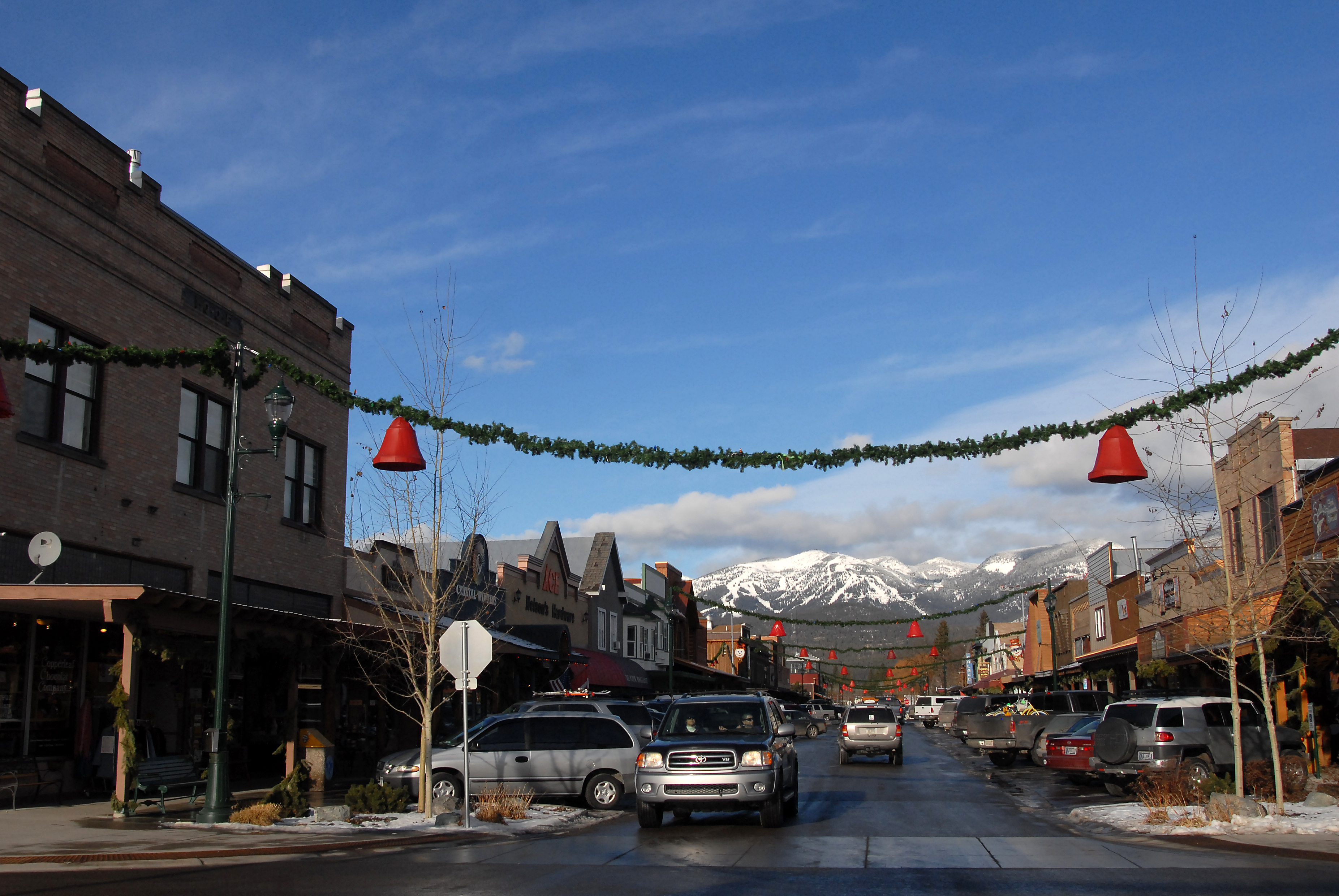Whitefish is joining a growing number of cities across the U.S. by establishing a climate action plan that will guide municipal strategies in the face of climate change.
The city is forming a citizen advisory group known as the Climate Action Plan Committee that will study Whitefish’s energy and water consumption and propose projects and recommendations that guide sustainable and clean practices. Interviews are taking place this week with 13 people who applied to fill six seats on the committee, alongside two city councilors. The mayor will appoint the committee selections with the consent of the city council at a later date.
Once the committee is formed and begins its work in the coming weeks and months, the group will meet regularly in public meetings to study the city’s energy and water consumption, among other municipal services and utilities, and propose specific projects and benchmarks.
“The goal is to identify ways to reduce energy consumption, water usage and the amount of solid waste that we produce citywide,” Mayor John Muhlfeld said.
“We’re hoping to identify strategies that make sense for Whitefish and that can help mitigate the anticipated impact of climate change.”
Whitefish is the latest city in Montana to pursue a climate action plan, along with Missoula, Helena, Bozeman and Red Lodge.
Any recommendations that could emerge from the committee would only impact city owned facilities and services.
“As a city we feel we need to lead by example before asking our own residents to develop their own actions to address climate issues,” Muhlfeld said.
Muhfeld said the efforts are meant to conserve resources in the long term and enhance the city’s resiliency in the midst of longer and harsher wildfire seasons, drought and other climate-related concerns.
“This will be an open public process and we’re really hoping for a lot of community participation because we know there are a lot of great ideas out there,” he said. “We’re really looking for our residents to get engaged in this process.”
An increasing number of cities across the U.S. are adopting climate action plans, led by major metropolitan locations in recent years such as Seattle, Portland, Boston, Minneapolis and Chicago. In 2007, Denver became one of the first large cities to craft a strategy to address the potential threats and broad-reaching impacts of climate change. The city has been tracking and setting goals for reducing greenhouse gas emissions and moving toward more cleaner, sustainable forms of energy through city policies, procedures and investments. Denver and other cities have also incorporated climate-friendly directives in planning and building codes to various degrees, from installing energy efficient street lights to offering water conservation rebates and permitting incentives for businesses.
Last year San Diego took an ambitious step by declaring a goal of cutting its greenhouse gas emissions in half by 2035. The city is striving for 100 percent renewable electricity for all residents by increasingly relying on solar and wind technology, increasing green transportation and diverting solid waste and other means. City leaders have said the climate action plan is spurring economic expansion and San Diego now has more than 800 clean technology companies. Renewable energy was one of the largest job growth sectors in 2016, according to city leaders.
